EE turns on superfast 4G in Cumbria
EE thinks 4G is the answer to the nation’s rural broadband problem, as it shows off high speeds in the North.
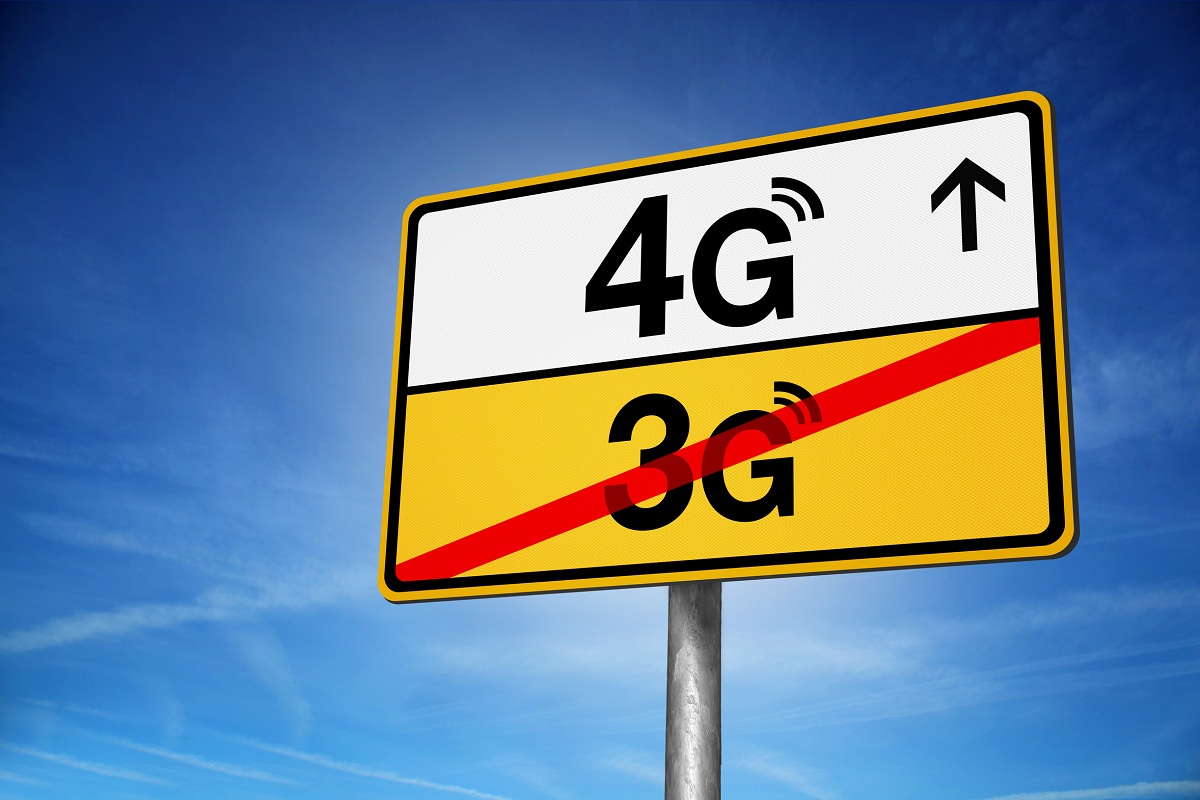
EE has launched a 4G service in Cumbria as it looks to convince the Government that mobile spectrum could cover the final 10 per cent of the UK not able to access quality broadband.
More than 2,000 residents and businesses will have access to the 4G offering, and EE has offered a wireless broadband plan, including 20GB for 25. EE believes users will be able to enjoy average speeds of 24Mbps.
For those who need more data, they can buy 2GB for 7.50, 4GB for 10 or 10GB for 15. Users will also have to shell out 69.99 for a Huawei router.
There is a lot of work to do in 2014 to reach more people and businesses in rural areas, and investment-friendly government policies have an important role to play in supporting this.
The full rollout comes after a commercial trial in the area of Threlkeld. It has now been expanded to cover more than 100 square miles. By March 2014, it would have covered another 100 square miles.
Like other operators, EE believes the final 10 per cent of the UK not being covered by the Government's Broadband Development UK (BDUK) programme could be catered for with 4G access. It has carried out trials in various remote parts of the UK, including one with BT in Cornwall. The operator plans to introduce 4G to Bodmin Moor this summer.
"Our goal is to enhance the digital lives of everyone in the UK, and this major expansion of our superfast broadband service in one of the most rural and geographically challenging areas of the country is a big step towards that goal," said EE CEO Olaf Swantee.
"There is a lot of work to do in 2014 to reach more people and businesses in rural areas, and investment-friendly government policies have an important role to play in supporting this, but today we have proven that 4G has the capability to connect this country's unconnected, and EE intends to continue to be at the forefront of that."
Sign up today and you will receive a free copy of our Future Focus 2025 report - the leading guidance on AI, cybersecurity and other IT challenges as per 700+ senior executives
Swantee believes the government can provide impetus to 4G adoption in rural areas. He has recommended cutting proposed spectrum yearly licence fees, which would see EE's costs go up by 82 million.
The government should also rebalance its BDUK spend to focus more on mobile technologies, instead of spending most of its 530 million pot on fixed line, according to Swantee.
-
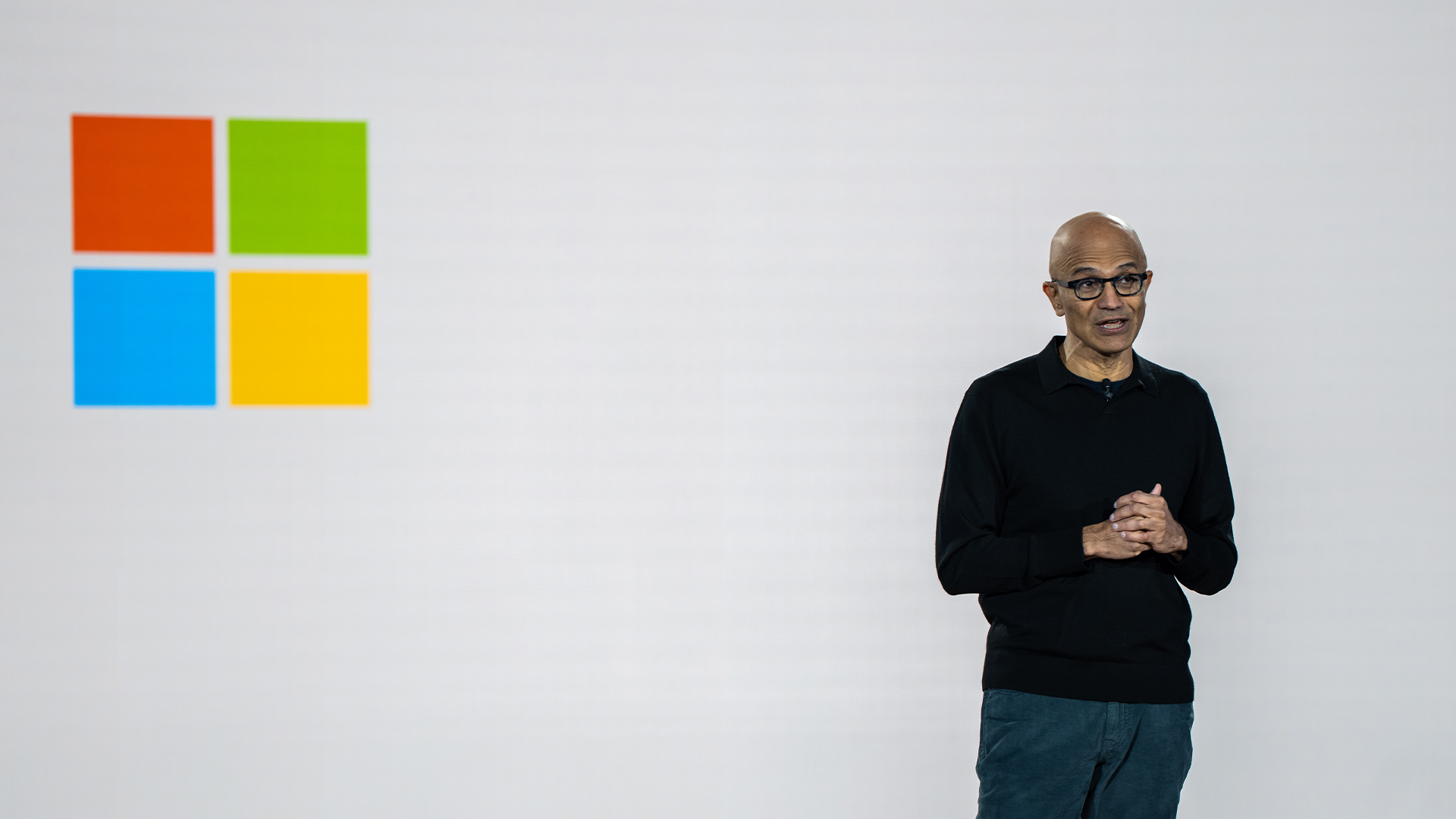 Microsoft CEO Satya Nadella wants an end to the term ‘AI slop’ in 2026
Microsoft CEO Satya Nadella wants an end to the term ‘AI slop’ in 2026News Microsoft CEO Satya Nadella might want the term "AI slop" shelved in 2026, but businesses will still be dealing with increasing output problems and poor returns.
-
 New security features are coming to Microsoft Teams this month
New security features are coming to Microsoft Teams this monthNews From 12 January, weaponizable file type protection, malicious URL detection, and a system for reporting false positives will all be automatically activated.
-
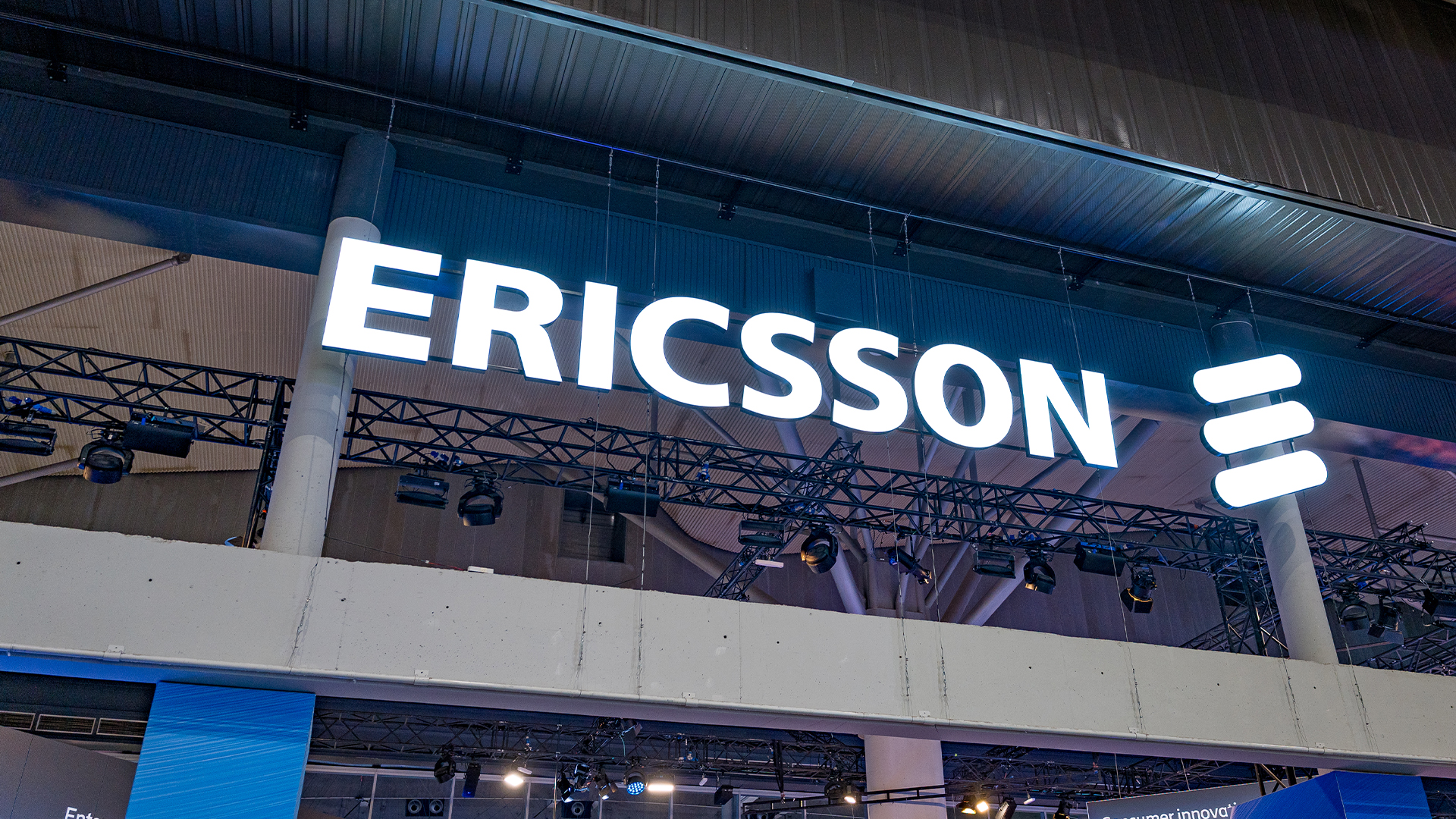 Three and Ericsson just launched a first-of-its-kind managed 5G service for businesses
Three and Ericsson just launched a first-of-its-kind managed 5G service for businessesNews The new 5G service looks to supercharge business connectivity across Ireland
-
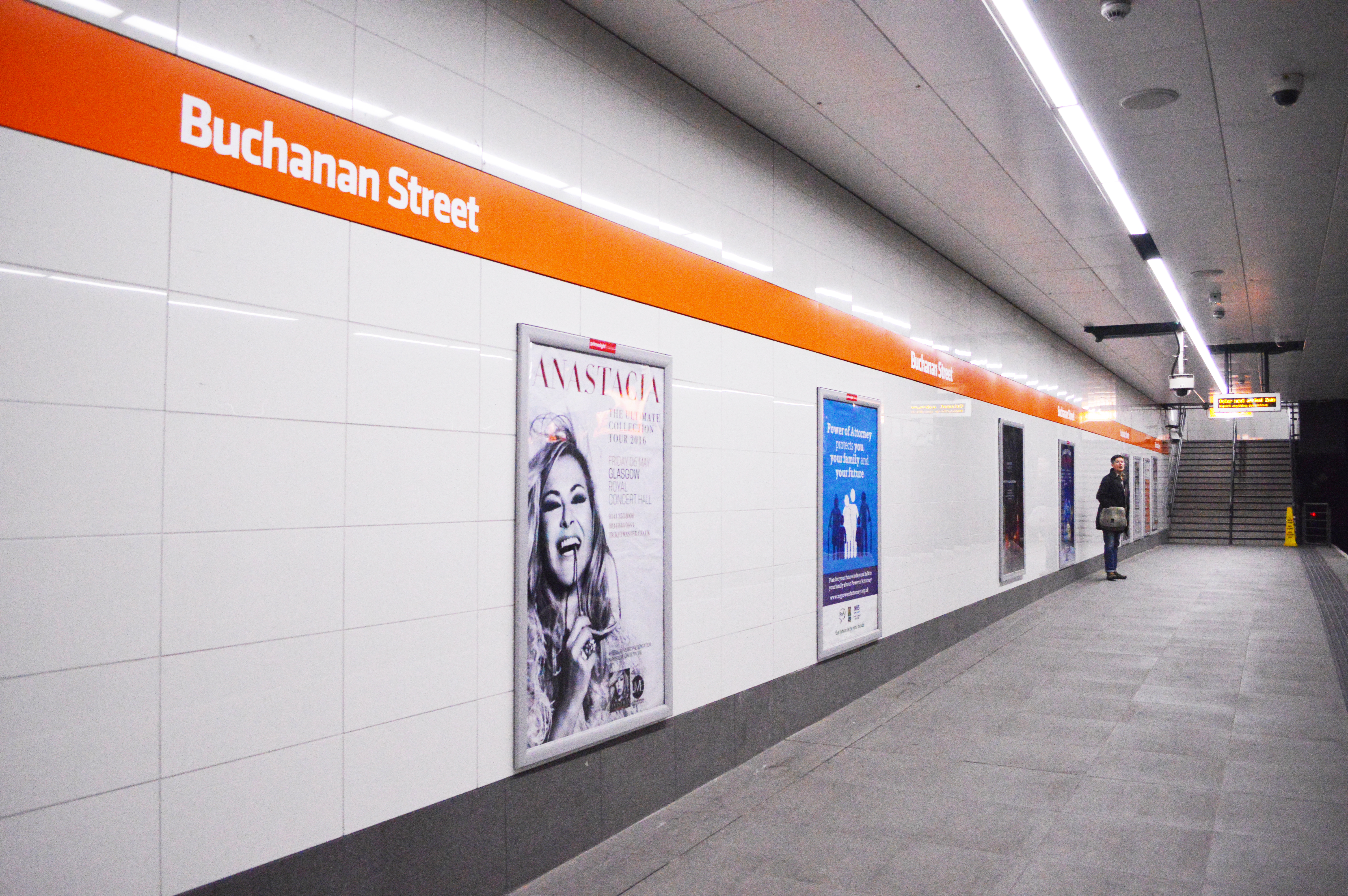 EE rolls out 4G across Glasgow's underground network
EE rolls out 4G across Glasgow's underground networkNews The network is currently restricted to EE customers but is likely to expand in the near future
-
 Nokia and NASA join forces to bring 4G to the moon
Nokia and NASA join forces to bring 4G to the moonNews Cellular service will provide the communications needed for meaningful moon exploration
-
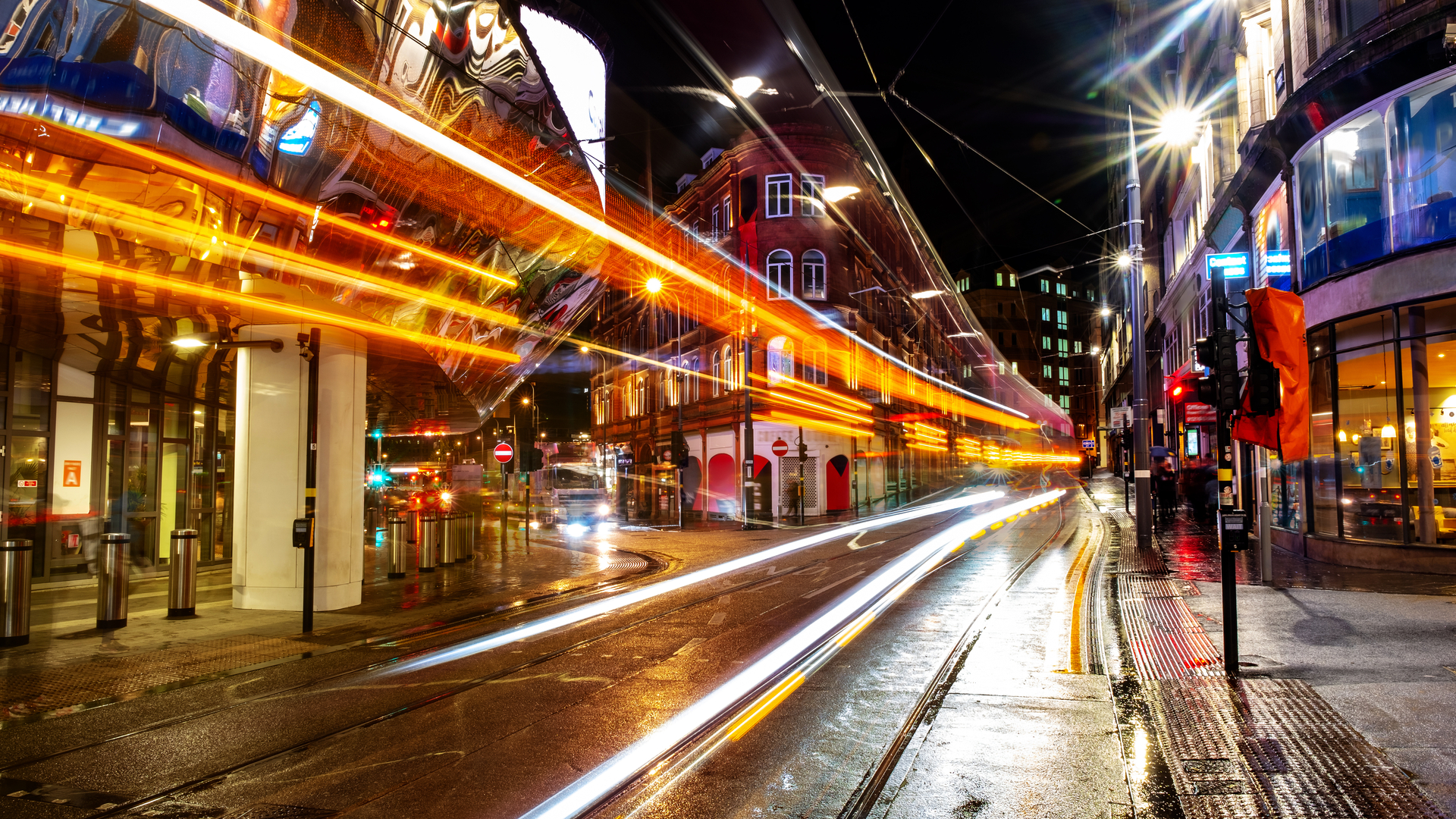 Birmingham crowned the fastest UK city for 4G download speeds
Birmingham crowned the fastest UK city for 4G download speedsNews While Birmingham also recorded the highest speed hike over 2019, London came in at a middling 9th place
-
 LTE vs 4G: Which is better?
LTE vs 4G: Which is better?In-depth Comparing LTE vs 4G has become common in recent years, but how exactly do they differ, and is 4G faster?
-
 What is 4G?
What is 4G?In-depth A look at the fourth generation of mobile networking technology and its availability in the UK
-
 4G vs 5G - what's the difference?
4G vs 5G - what's the difference?Vs From 3G to 4G, mobile connectivity has revolutionised our lives. Now 5G is set to do it again
-
 The best 4G network
The best 4G networkIn-depth Every mobile provider offers 4G contracts, but which one is the best for you?